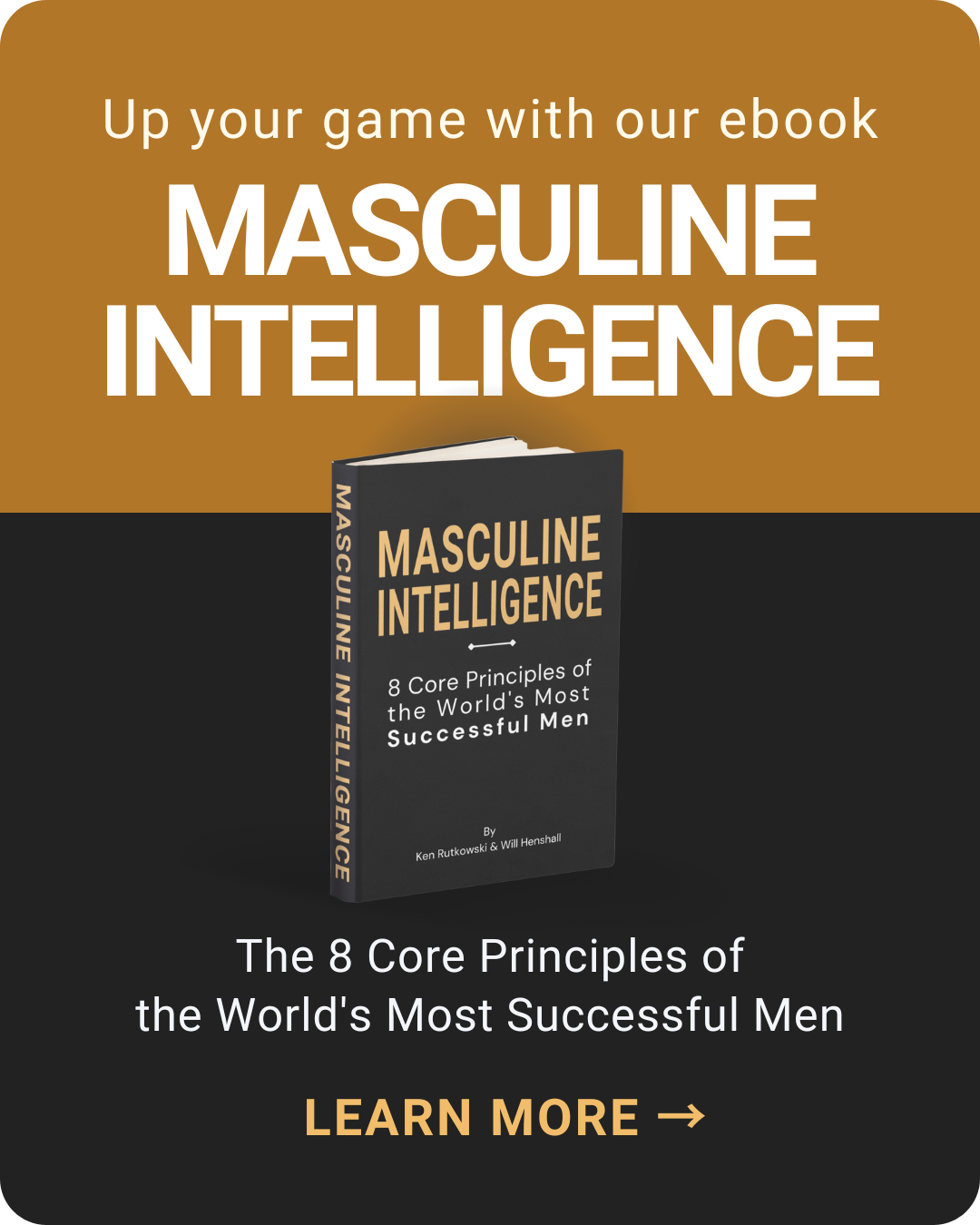
Pulier’s Vatom, Inc. wants you to own your data – and dignity – online
He is fighting for your self-sovereignty.
He is fighting for your right to express which parts of you – and which data of yours – that you wish to reveal, and when and where you wish to reveal them.
He is fighting for your individuality – and your right to monetize it.
That means clawing back the feudal privilege Meta, Google, and the army of ravenous GPTs rolling off the Silicon Valley assembly line have over you – and putting it back in your hands.

Pulier is a legend in tech, having started 16 companies and sold, merged or took public many of them since graduating Harvard in 1988. And despite his longtime reputation for having been a revolutionary thinker and innovator, his current efforts as CEO of Vatom to recover your self-sovereignty over your data may be his most revolutionary of all.
“Self-sovereign identity is where you truly own your data, your life and the agility to protect that through every element of communication and creativity,” he says. “It’s a concept that was opened by [Bitcoin creator] Satoshi’s white paper and that showed that value can move between peers as easily as an email. To me, this is the most powerful and important concept to the future of society and humanity – and the most dangerous to current institutions.”
Watch Eric Pulier at METAL
Self-sovereign identity means you can’t own something unless you are actually a “someone.” The value of that should come across everything. Others would not own your identity.
“You show up as yourself or as your avatar, but it’s you that owns your inventory, your stuff, your data,” he says. “And when you interact with people, you now have a novel, next-generation way to come together rather than be torn apart by third parties.”
CREATING SEAMLESS VALUE
In the real world, everything, he reminds us, there are people, places or things, but in the digital world, it's all just information. We can own real value out here in “meatspace” but soon, we will be able to own that and more in the digital world as well. “Soon, we will have real ownership of ourselves and digital objects and the systems to make the transfer of that value between the real and the digital seamless.”
Pulier is a sort of a modern day freedom fighter, a digital Tom Paine. “Our identity should not be shaped by the environment – app, website, server – where they can see every cookie and data point on you. We are owned by a fabric of companies right now. But you can choose to be an individual, bringing the information you want to bring. This is crucial. If I own my information, I can choose who I want to know it, and exchange it for value.”

U.S. patent application number 16/167475 was filed with the patent office on 2019-02-21 for virtual computing services deployment network. The applicant listed for this patent is VMware, Inc.. Invention is credited to Clinton B. Battersby, Paul J. Gaffney, Eric Y. Pulier.
The problem today, he explains, is that data is not being gathered in ethical ways, and that legal concerns are growing because greater regulation is coming. “It’s become evident that we need a new way. A better way is to engage audiences in a value-based instead of annoyance-based way, where we can create a mutually beneficial relationship.”
Pulier, through Vatom, aims at nothing less than an entirely new way for people to interact with companies and brands. “Rather than saying, ‘I’m going to interact with you on your terms and give you all my data,’ we will say, ‘I’m going to own my own data; I’m an individual going from place to place and what I want to do will be resident in my own wallet, in my data, my information, and the communities that I want to join.”
Every brand wants your first-party data and wants to know their customer better, “and doesn’t want to have to ask Mark Zuckerberg for permission to know their own customer. Our new model collapses that whole model,” he says, because with it, the data rests in your wallet, not Zuck’s.
THE REAL METAVERSE LOOKS DIFFERENT
Most people have the wrong idea of the metaverse. It’s not going to be some Zuckerberg wet-dream arcade “where everyone's playing ping-pong. Rather, think of it as where every website has an option to become more social, more visual, more spatial, more memorable, and more fun. Every website will have a ‘come inside’ button. Why wouldn’t it? Why wouldn’t you add something interesting and dynamic on it? Why wouldn’t you make it personalized?”

What we’re doing is we add this meta layer onto the internet, a social overlay, a feeling of connection, and with ownership of your own identity. You get to deploy your identity site by site, you own your data. You bring your own identity, your own value and your own monetization of that value.”
PULIER’S NEW NEW DEAL
In short, Pulier is building the foundations for the democratization of value. “This platform will preserve culture and allow micro-transactions to pay people to record their data. What he calls his “New New Deal” rests on three principles:
- That you want for the collective to preserve the diversity of culture.
- That we feel comfortable sharing ourselves through AI – but through self-sovereign identity. None of this works if you don’t have control of your own data and destiny.
- You cannot be forced into an economic model for sharing that is not to your liking. You might accept a certain amount of money ancillary to your work like never before, creating, for example, a category of IP where you’re not sharing your output (i.e. a song or book) but the style and ability to create something original to your mindset and abilities.
In essence, Pulier is not only fighting to give you monetary control over your “value,” but also your ability to live digitally as a unique individual.
“What I am involved in is a cultural preservation initiative,” he says. “AI is infiltrating every aspect of society – even faster than we expected. It’s swallowing up creativity – music, songwriting, art generation. We thought creativity would be last to be swallowed, but it’s first.”

The big problem, he says, is homogeneity. “Whatever AI is trained on will become the norm. Right now, it’s only trained on information from the internet. But the most important information in the world lives in people’s heads. I’m talking about any kind of uniqueness, any kind of culture worth preserving: the recipes, songs, bedtime stories – the things that make us human will be mowed over – and unless we capture those, they will die off. We can’t allow ourselves to be inundated in a homogenized mini-mall global mode.”
The solution?
First, being able to train AI on a local or micro model. “We see individuals making money in a completely new way. How you get paid for your creativity can be through a micro-transaction system that protects your unique IP. Everyone has a personal model. Used properly, this can end so much of the current mode of exploitation, disconnection and loneliness that people feel.”
THE FUTURE IS PLAY
After three decades of rambunctious rises and falls, Pulier is as optimistic and energized as ever.
“The blank page is such an inspiring thing for me! It’s impossible for me not to rethink everything. Everything that feels like reality continually tricks you into thinking it's real: my life, this is what works, this is what doesn’t… but make a shift and suddenly, that’s not reality at all! Nothing has to look the way we’ve previously seen it. We break rules to make the world a better place. It doesn’t have to be what it was. I don’t have to be what I seemed to be. Everything can be renewed, refreshed.”

His urge toward disruption, in fact, is more powerful than ever after years of wrestling with major, and massive, legal tangling with the government – and winning.
“I'm really happy that I’ve had the shit kicked out of me in life. It allows me to think differently. I used to believe things were either scientific or [they were] bullshit. Now I have room for recognizing what is actually bullshit is our perceptions. We are wrong to believe we have the only way to see reality.”
THE PRIMACY OF PLAY
“The most important thing in life,” he says, “the most powerful driving force of creativity, accomplishment and purpose is actually play! It’s the underlying fabric that drives all of it! Love is secondary. Love withers and dies without play. But the opportunity to play together is invaluable. Every individual brings a different way of humor, a unique mischievous glint in the eye. Laughing together, building together, building something non-obvious comes from playing together. Let’s continue to open up the playpen we’ve built to explore what’s possible.”
Pulier’s vision is a welcome one in an age when it’s becoming ever more clear how the internet divides us.
“There is a connective tissue that runs through all of reality. Some people call it love. It’s more than that. There is a reality to this conscious energy that pervades us all, and this vessel, myself, my body, is an opportunity to serve a simple purpose, a positivity, and that opens the opportunity to reconnect us all in a bigger way.
Written by Adam Gilad
TRENDING NOW
Tech Firms Told to Hide 'Toxic' Content from Children: Ofcom has warned social media sites they could be named and shamed - and banned for under-18s - if they fail to comply with new online safety rules. The media regulator has published draft codes of practice that require tech firms to have more robust age-checking measures, and to reformulate their algorithms to steer children away from what it called "toxic" material. (BBC)
Narrow Bandwidth: Internet Access is More Uneven than you Might Think.: A bipartisan effort is currently underway to preserve the Affordable Connectivity Program (ACP), a government initiative supporting home broadband access for over 20 million low-income households. The program's funding shortage may soon reach Congress. (Sherwood)
Can a Moody AI Girlfriend Make Men More Emotionally Intelligent? : If you can’t fill in that blank, you might need AngryGF. The new application is an AI-powered relationship simulator designed to guide heterosexual individuals through gamified scenarios of typical conflicts experienced in romantic relationships with female partners. (The Hustle)



